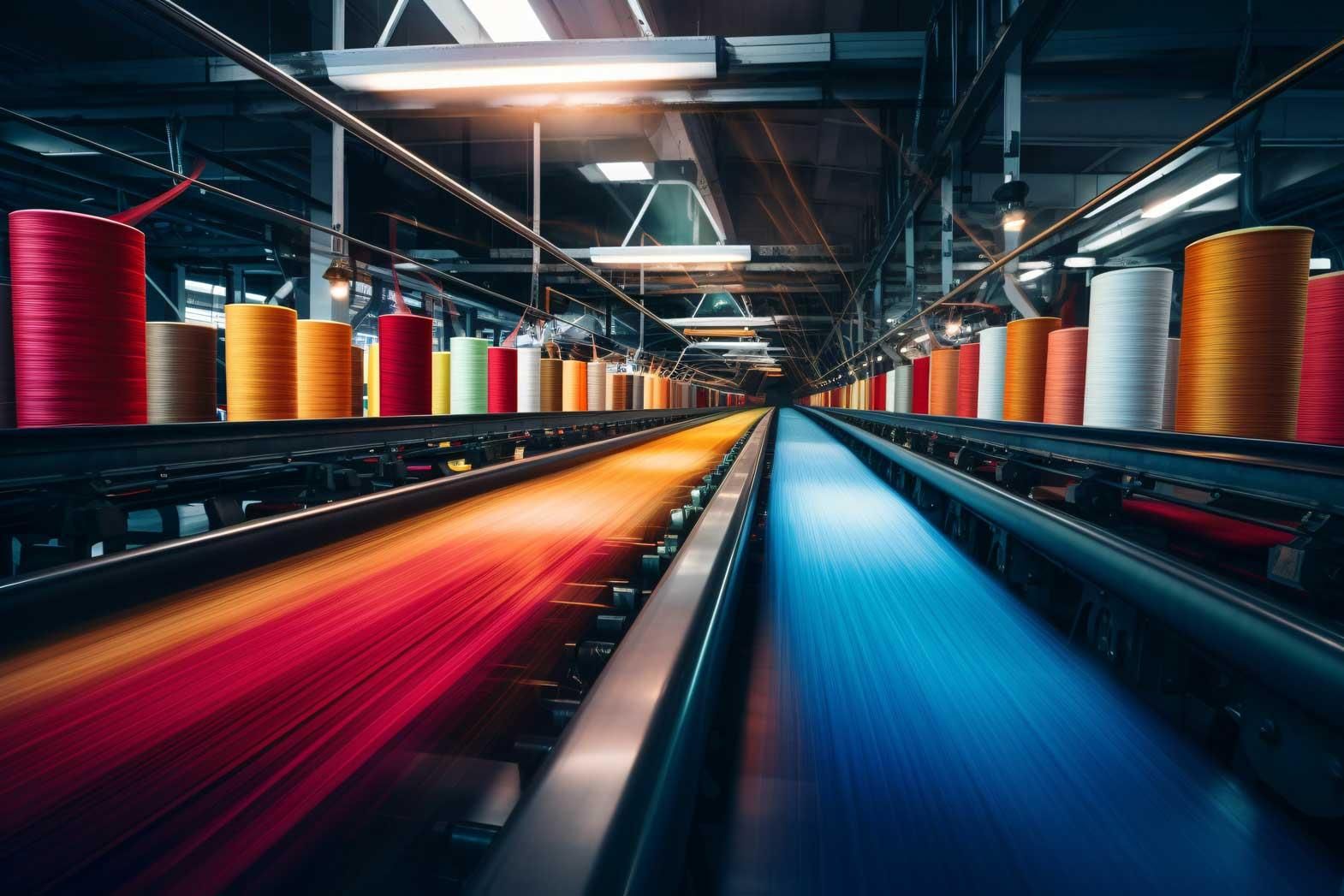Sportinggiant Adidas has launched a new concept that looks at individualisation ratherthan standardisation.
Flexible,highly automated, decentralised production
The highly innovative concept ofthe Speed Factory is based on the idea of Industry 4.0, which many expertsconsider to be the production method of the future. The aim is to combine thelatest digital technology with the automation possibilities of big data and newproduction methods. Until now, the manufacture of shoes and clothing was a handlabour-intensive industry; that's why it has been outsourced to low-wagecountries. Only with the new possibilities of a highly efficient and automatedproduction, that production sites in Germany and elsewhere in Europe areconceivable again. So, instead of continuing to outsource production tolow-wage countries and accept the expensive transportation to consumers, Adidaswants to work in the future with smaller, decentralised and highly automatedproduction facilities right where the consumer is located. The goal is a wholenetwork of new sites that use intelligent robot technology will exchange datawith each other.
In addition, Adidas will gain muchmore flexibility to better meet regional needs and be able to respond even toindividual customer requirements. "Individualisation rather thanstandardisation" is the idea of Adidas. The consumer has to become part ofthe brand and can interact directly with in-store customisation, co-creationand interactive brand experiences.
"Speed Factory combines thedesign and development of sporting goods with an automated, decentralised andflexible manufacturing process," said Herbert Hainer, CEO of Adidas Group."This flexibility opens doors for us to be much closer to the market andto where our consumer is. Ultimately, we are at the forefront of innovating ourindustry by expanding the boundaries for how, where and when we can manufactureour industry-leading products."
But the project, which hasbeen supported by many other companies and institutions and with funding by theGerman Government, wants still more. When the first pilot plant succeeds, thenew concept may solve several problems of the global apparel industry. It isnot just about creating new jobs in a production branch, which seemed to belost forever in countries like Germany. It is also about improvingenvironmental performance by avoiding transport routes. In addition, theproduction would improve its transparency and control in the global valuechain. Finally, the problem of product piracy can be curbed too.







Comments